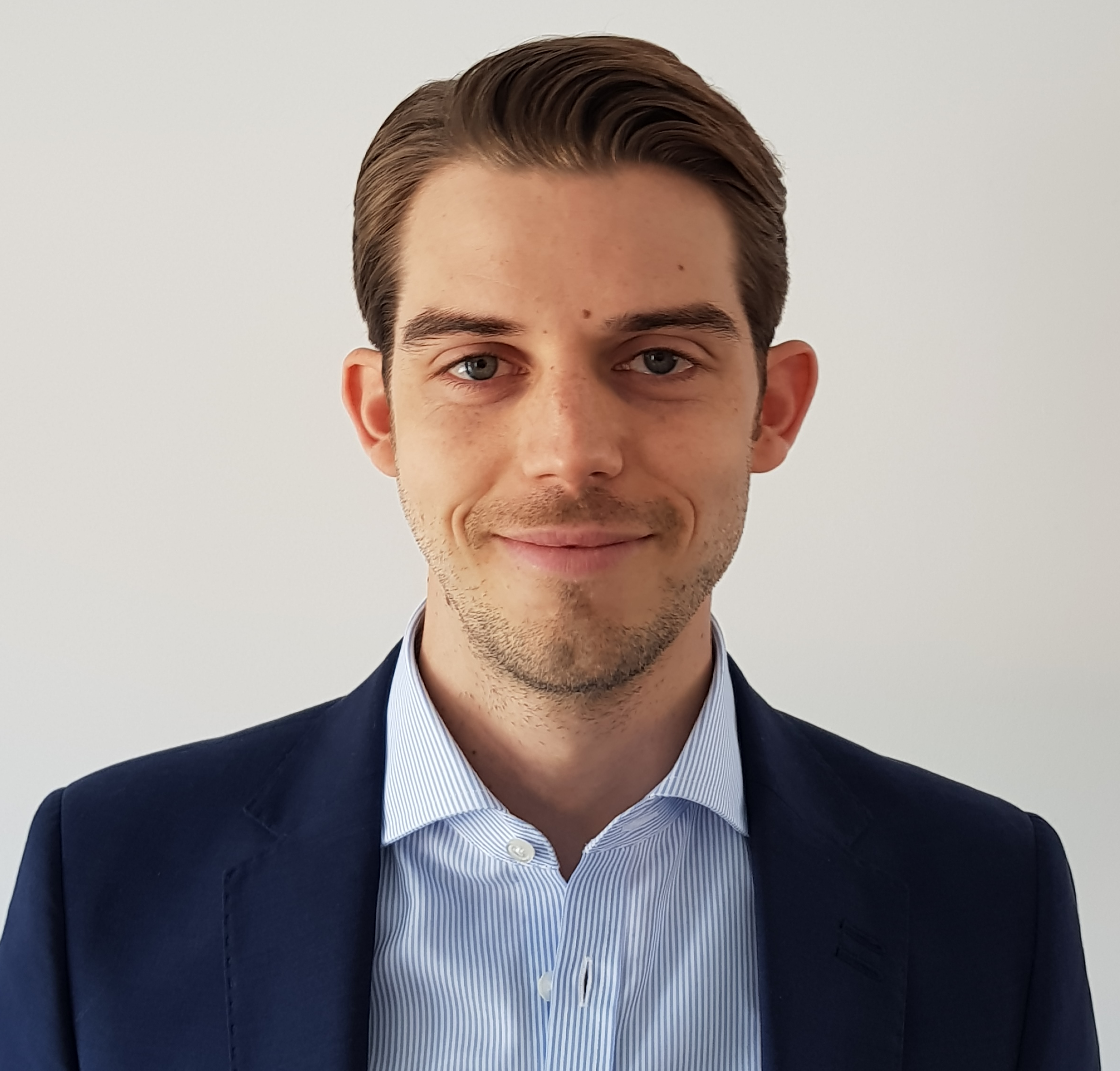TaxCalc Blog
News and events from TaxCalc
Understanding basis period reform and the transitional year rules as a self-employed individual

If you're self-employed, you might have heard about something called basis period reform and the transitional year rules. These terms can sound confusing, especially if you’re not familiar with accounting or tax practices.
This article will break down what these changes mean and how they could affect you.
What is the basis period?
Let's start with the basics. If you're self-employed, you need to pay tax on your profits each year. The period over which your profits are calculated is called the basis period.
Current system (before reform):
Traditionally, if your business has a different financial year-end than the tax year (which runs from April 6th to April 5th), your profits for the year ending in the tax year are used as the basis period. For example, if your financial year runs from January 1st to December 31st, your profits for the year ending December 31st, 2023, would be used for the 2023/24 tax year.
What is basis period reform?
The government has introduced changes known as "basis period reform" to simplify how self-employed individuals are taxed.
New system:
Starting from the 2024/25 tax year, the government is aligning the basis period with the tax year. This means that, regardless of when your business's financial year ends, your taxable profits will be based on profits earned between April 6th and April 5th of the following year.
What is the transitional year?
The tax year 2023/24 is known as the transitional year. During this year, special rules apply to help move from the old system to the new system.
How it works:
In the transitional year, instead of only looking at your normal accounting period, HMRC will calculate your taxable profits by considering your profits for the full 12 months of your last accounting period, plus any additional months up to April 5th, 2024.
For example, if your accounting year currently ends on December 31st:
- Under the old system, your 2023/24 tax return would be based on your profits for the year ending December 31, 2023.
- Under the transitional rules, your 2023/24 tax return will include the profits from January 1st, 2023, to December 31st, 2023, plus an extra three months of profits (January 1st, 2024, to April 5th, 2024).
Why is this important?
The transition to the new system could result in a higher tax bill for the transitional year because you’re essentially being taxed on more than 12 months of profits.
Smoothing the impact.
To help manage this potential increase, HMRC allows you to spread the additional profit over up to five years. This way, you won’t have to pay tax on the full amount all at once.
Key points to remember.
- Alignment with the tax year: From 2024/25 onwards, your profits will be based on the tax year (April 6th to April 5th).
- Transitional year (2023/24): This year is unique because it may result in higher taxable profits due to the inclusion of extra months.
- Spreading the tax impact: You can spread any extra profits over five years to ease the burden.
Conclusion
The basis period reform and transitional year rules are designed to simplify how self-employed individuals are taxed in the UK, but they do introduce some temporary complexities. By understanding these changes and planning ahead, you can manage your tax liabilities effectively and avoid any surprises.
When it comes to tax, trust TaxCalc every time.
For a simpler way to file your tax, download TaxCalc’s award-winning tax return software today!
Learn more
What If? Planner
Plan for scenarios, adjusting your levels of income and see the effects of decisions being made now on next year's tax bill.
Learn more

VAT Filer for Business
If you’re ready and required to file VAT returns, TaxCalc’s VAT Filer for Business is a simple, quick and affordable solution.
Learn more





